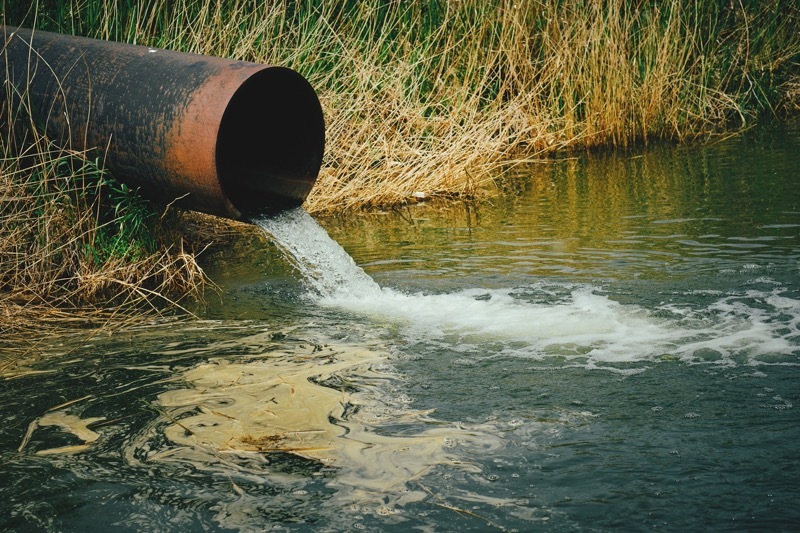YORKSHIRE Water are investing more than £10m to improve the health of rivers in Barnsley - after it was revealed that sewage was released into the town’s waterways for more than 26,000 hours last year.
Data from the Environment Agency shows sewage from storm overflows was flowing into water bodies in Barnsley for 26,302 hours in 2023, during 3,736 spills.
All of these were from facilities operated by Yorkshire Water.
Yorkshire Water release sewage when there is too much demand on their treatment works during rainy periods.
Contained within the untreated effluent is human waste, wet wipes and sanitary products, which pose a serious risk to local wildlife.
This was up from 13,228 hours recorded the year before, when there were 2,715 spills in the area.
These figures cover the original location sewage was discharged into the environment - the area might also be impacted by sewage released upstream or in shared water bodies.
Yorkshire Water said the increase is due to the wet weather experienced over the last 12 months, but confirmed a number of projects - totalling £13.4m - are underway in Barnsley.
These include a £2.4m scheme in Cudworth to reduce storm overflows into the River Dearne.
The investment is expected to reduce the number of discharges from the storm overflow at Small Bridge Dike by 60 per cent.
Liam Thomas, project manager at Yorkshire Water, said: “We are committed to improving watercourses across Yorkshire and are investing £180m by April 2025 to reduce storm overflows.
“The new pumping station and storage will mean the network will be able to collect and store surface water entering the system during periods of heavy and prolonged rainfall, significantly reducing the number of discharges from the overflow into Small Bridge Dike.”
Yorkshire Water is also investing £11m at five of its wastewater treatment works around Barnsley to reduce the amount of phosphorus entering the local watercourses.
Phosphorus is a normal part of domestic sewage, entering the sewer system via showers and washing machines due to products such as shampoo and liquid detergent containing the element.
It can also wash off from agricultural fields after the use of fertilisers and be dissolved from soil which can be difficult to control.
By upgrading process at Darton, Crofton, Grimethorpe, Wombwell and Worsbrough treatment works, Yorkshire Water will be reducing the amount of phosphorus entering local watercourses.
However, James Wallace, chief executive of campaign group River Action, said water companies have ‘run amok’ with their customers’ money.
“The scale of the discharges by water companies is a final indictment of a failing industry,” he said.
Sienna Somers, nature campaigner at Friends of the Earth, said: “Scandalous inaction by water companies has pushed our ecosystems to the brink and is putting our health at risk.
“But the real sewage scandal is our government’s pursuit of deregulation and deep cuts to the Environment Agency, which mean even ministers are in the dark about the true extent of water pollution.”



























